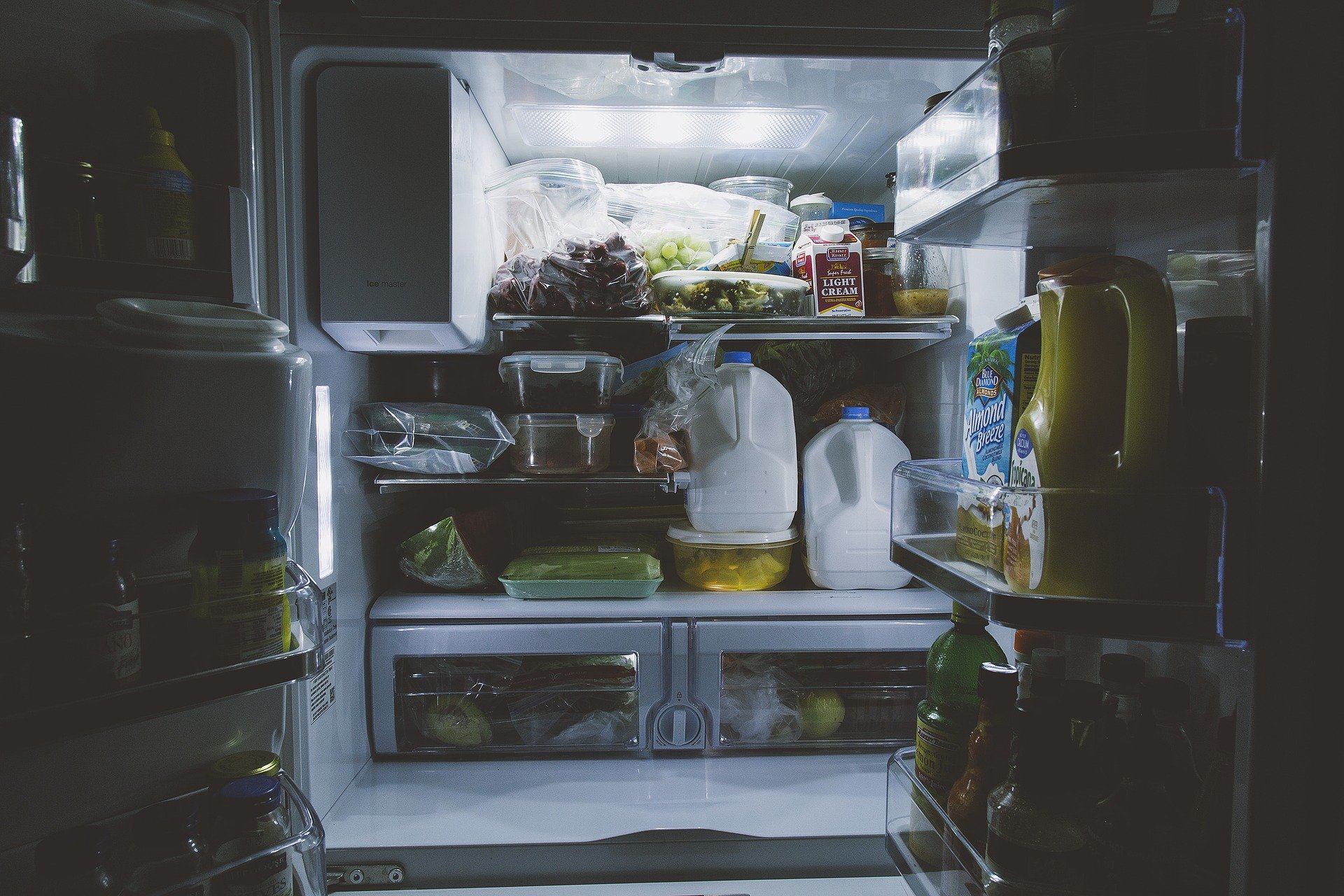A camper refrigerator is a must-have for anyone who plans to spend time off the grid. But before you buy one, consider how much power it eats and whether your RV’s battery reserve can handle that.
This Dometic fridge works on propane gas or electricity, and can convert between them at the push of a button. It also has max and eco modes to maximize efficiency.
Features
Whether you are a solo RVer or an entire family, choosing the right refrigerator for your RV is critical. There are several factors to consider when selecting an RV fridge, including size, power consumption and energy efficiency.
Some modern RV refrigerators use hybrid technology that combines an absorption fridge with a compressor-based fridge, giving you the best of both worlds. These fridges can run on LP gas, generator or shore power, as well as 120V AC power.
Absorption fridges use a combination of chemicals and base elements that are capable of absorbing heat to operate. Using propane as a fuel source to heat these chemicals speeds up the cooling process and keeps your food and drinks fresh. However, propane fridges require your rig to be perfectly level to work correctly, which can be an issue for some RVers. A propane refrigerator can also be dangerous to drive with because of the possibility of a leak or explosion.
Energy efficiency
Electric-only fridges draw power directly from your RV’s house batteries. They’re great for campervans with small footprints where you don’t want to sacrifice space for a chest-style refrigerator. However, it’s important to leave plenty of empty space in the fridge and freezer for cool air to circulate. Also, opening and closing the fridge and freezer often will make it work harder to keep cold and can create loose or dirty seals that let cooling air escape.
The Dometic CFXF-W has two produce “crisper” drawers and a separate freezer section with an ice maker. It also has a digital control panel that lets you choose modes to increase energy efficiency or reduce noise. Plus, it has a built-in automatic door lock so you don’t have to worry about locking it manually every time you go in and out!
Temperature control
Unlike compressor refrigerators that use an electric motor to cool, absorption fridges work by the magic of gravity and the natural flow of refrigerant. That means your RV needs to be level for the fridge to function properly.
Keeping the doors open for long periods of time wastes energy and causes items to lose their cold. Try to limit how often you are opening and closing the fridge. On sunny sweltering days, shading the area on your rig where the fridge is located helps it to maintain a cooler temperature.
Don’t overfill the fridge – it will slow down the cooling process. Also, space out your groceries so that they are not packed tightly together. This allows air to circulate better and cools the fridge more evenly. Adding a battery operated fan to the fridge will help with this too. If your fridge has a thermistor, adjust it according to the manufacturer’s instructions. The thermistor is usually clipped to one of the fins near the back of the fridge.
Maintenance
RV Refrigerators are a vital part of any camper and like other appliances, they can be subject to problems. Fortunately, most of the time these issues are not permanent and can be easily solved.
First and foremost, make sure the fridge is level. This is a big one that many people overlook, and can have a major impact on the fridge’s performance. Take a ruler or a piece of wood and measure the angle on your coach. It’s worth the time to do this.
If the fridge works fine off of 110V but not propane, it may indicate that there is a problem with the cooling unit itself. It will probably need to be replaced (with a remanufactured cooling unit from Cool Fun). If the refrigerator is working off of electricity but not propane, it may mean that there’s a blockage somewhere blocking the gas from reaching the burner. This could be a serious electrical issue and should be fixed by a professional.

